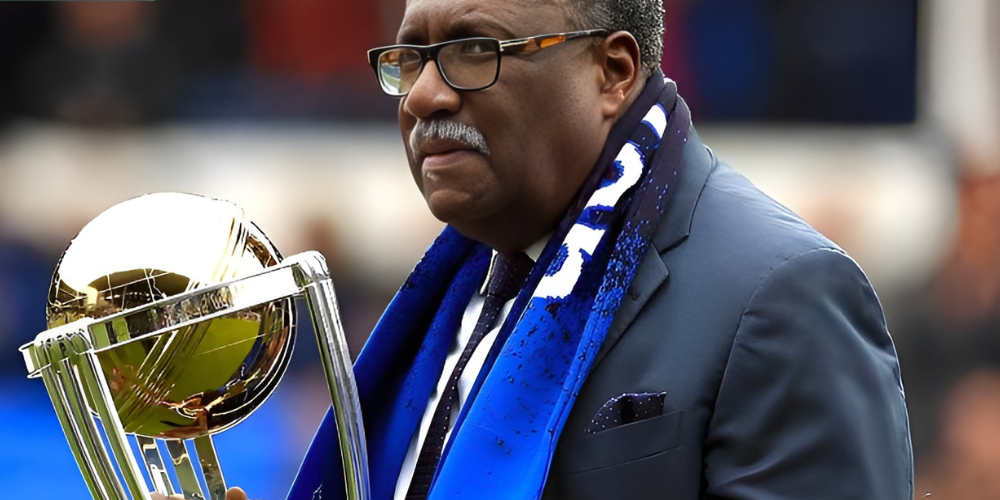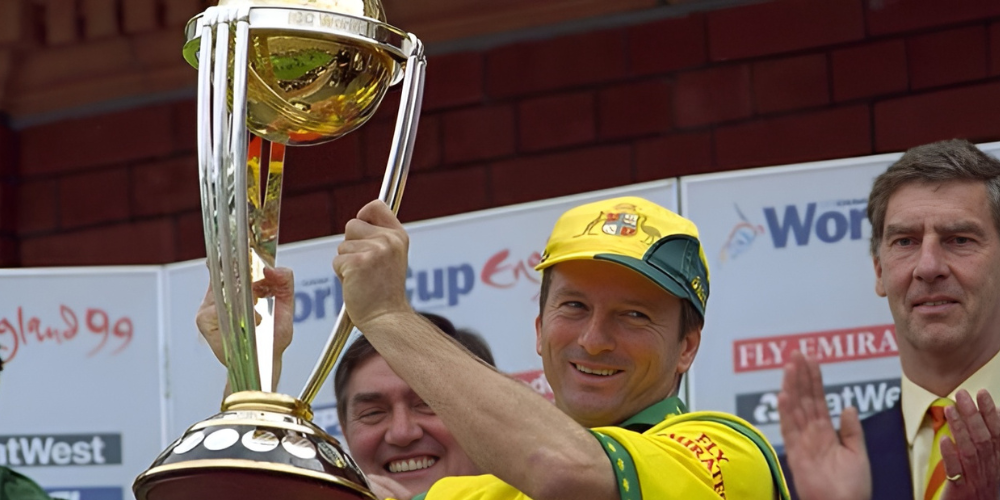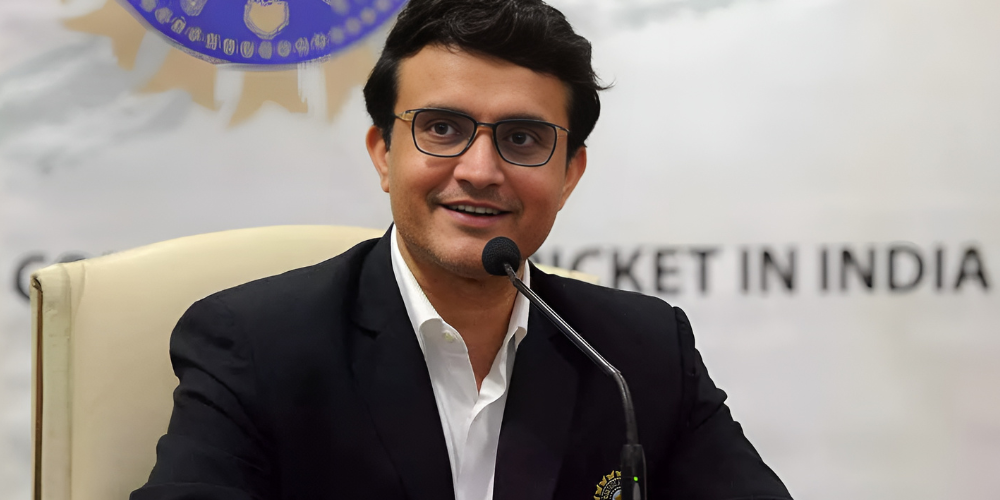Over the years, cricket has seen inspiring and historic leaders because of the success they achieved for their countries. The captain must function like a chess master, controlling all the aspects of the game and being one step ahead of everyone else. They have great expectations of the country and their fans behind them, and they are expected to bring the goods. In this article, we will look into the top 10 greatest cricket captains of all time who have been influential in cricket history and made a mark for themselves.
Sir Don Bradman (Australia)

The Don is an epithet that goes hand in hand with excellence in cricket. It is, however, hard to remember Sir Don Bradman as anything other than having an almost criminal batting average of 99.94, yet his role as a leader was an absolute gem. He helped quarterback Australia to one dominant period in the late 30s into the 40s after the war till about 1960.
A lot of people indeed give him great respect for his know-how and unflinching resolve, and that is why Australian cricket continued to become the best. He is primarily recognized in the sport of cricket for his leadership, which has an inspiring character and methodological leadership. Moreover, it would be a daunting task for the next Australian cricketer to imitate his mechanically organized playing style as well as his overt awareness of the opposition tactics.
Don Bradman is responsible for some triumphant Australian victories, combining the willpower of a single individual and collective effort.
Sir Frank Worrell (West Indies)

It was more than playing and winning. It was about building a team under the leadership of Sir Frank Worrell. Sir Frank Worrell was the first black captain of the West Indies in the 1960s and played a key role in creating a sense of unity and spirit among the players. In 1960–61, he was responsible for the first-ever success of the West Indies in Australia as he demonstrated a cool head and fine cricketing ability.
One of the most notable character traits of Frank Worth Worrell in leadership was his ability to use the superior talents present, effectively leading to the best of them. He used the spirits of camaraderie and mutual respect, which were the real glue since, without them, no group could stand with such pride and a sense of resentment. His résumé in cricket rather embossed his name much on the history of West Indian cricket as he also splashes it with successes in West Indian society.
Clive Lloyd (West Indies)

Clive Lloyd, serving as the West Indies team captain in the period of 1976-1979, is considered to be an outstanding player and captain. Under his captaincy, the Team West Indies achieved such a pinnacle that they were victorious in the initial two editions of the ICC Cricket World Cup, i.e., in 1975 and 1979. What is considered Lloyd’s hallmark tactic was an aggression-filled strategy, which was fast bowling and a lot of batsmen to make the opponent frightened about going head-on with the game.
His ego as a topping batsman made it even more difficult for the opposition to win; it is said to be leadership without saying a word; it was only for Clive Lloyd that such a phrase was possible for a long period of time in the West Indies cricket history.
Lloyd himself was an ashore shot near the bowler’s end when it came to captaining the team for the simple reason that he was an upper offside fielder himself during much of his own playing days. And given that, it is no wonder that it is in relation to him that such terms are now applied to so many people as inspiration and tacticians.
Imran Khan (Pakistan)

The transformation of Imran Khan from being a young and talented all-rounder to a great and influential leader has been inscribed in cricket history. From a young age, Imran was made captain, and with his guidance, Pakistan has won many successful international matches. But all these victories against impossibly staggering sides paled in comparison to how he transformed Pakistan’s performance levels in cricket, and in 1992, Imran got them their first World Cup.
Imran Khan’s inspired and empowering leadership qualities made him an unforgettable hero among the present and past generations of cricket players in Pakistan and in general. Such enthusiastic leadership, as displayed by Imran, is what kept the team striving in all situations and ultimately getting the desired result. His term as captain was noted for his insistence on physical fitness, adherence to codes of conduct, and tenacity, which significantly contributed to enhancing the image and performance of Pakistan cricket.
Steve Waugh (Australia)

Steve Waugh had the spirit of a true warrior as he led Australia from 1999 to 2004. His captaincy will always be remembered for its relentlessness since the fierce cricketer was the most successful captain in Australian sports history, winning 16 consecutive test matches.
His leadership qualities were featured by wanting to be the best and having total confidence in his team. Waugh’s cool and strategic thinking skills pushed him to the fore of the finest leaders of the cricketing world. The focus on preparation and bringing the best out of the team members was of extreme importance for Australia’s progress at the time.
Waugh was also recognized for his behavior and conduct as a captain, which won sympathy not just among fans but also among competing athletes.
Ricky Ponting (Australia)

Right after Steve Waugh handed over the batons, it was followed by Ricky Ponting raising the bar of Australian Cricket. From 2004 to 2011, Ponting was the captain, who as a captain brought two ICC Cricket World Cup glory to the Australians after their previous victories in 2003 and 2007.
Their complacent and cordial attitude against any challenge was positive for a sport, which is very popular. As a result, many cricket fans could not help but idolize him as a captain. Ricky played a major part in explaining why the Australian team remained dominant in both forms of cricket- Test cricket and One Day Internationals. Within the norm of his involvement and action level, it should be stressed with regard to Ponting that his performance in the years he was captain was outstanding.
At the same, Ponting’s role was not only to lead but also to guide any young talent that wanted to rise, ensuring they were nursed in the team comfortably, with each forthcoming change well introduced without collapsing the decorum of achievement.
Mahendra Singh Dhoni (India)

The rise and glory of Mahendra Singh Dhoni, a man who rose from a humble background to become one of the great Indian captains, is a story worth the power of any person at any historical time. Arriving at the helm in 2007, Dhoni was not long away from lifting the ICC World Cup in 2011, followed by the ICC Champions Trophy in 2013 with what India has won before its people.
Dhoni’s authority was always from the inside, never explicit – which was completely unprecedented in the history of Indian cricket. Bringing out his innovative side, which could never be seen by any other individual, was most unlikely. For example, his brave qualities could have been noted earlier had he not sent himself to bat ahead of the usual position in the World Cup final of 2011. Also, it was not because the man cracked any jokes out there- it was because he always seemed to maintain a cool demeanor even if the situation within the game was extremely intense.
Moreover, he took on an administrative role within the squad as he immensely focused on the skill development of the younger players and created positive dressing room messages. Due to his services as a player and captain of Indian Cricket team, MS Dhoni is nearly achieving the title of 2nd God of Cricket.
Sir Viv Richards (West Indies)

Sir Vivian Richards, a cricketing superstar, has been widely acclaimed as one of the finest batsmen in cricket’s history. Viv was also a great captain indeed; when he took up the role of captain for West Indies from 1984 to 1991, he did that with more attacking and fearless fervent captaincy. The West Indies played out some of the most memorable Test series in history under his leadership, as history reveals that Vi Richards was the outstanding contemporary genius in cricket. Because he had a lot of swag, a no-pixel attitude, and always gave the impression he was moving out of his comfort zone, Richards was one captain who was admired by his players and feared by his opponents.
The man was known to be a captain who trained fellow players in blatant bowling and displayed the entertainment form of the game. His tenure was notable for his ability to handle the very inflated entitlement of the players and their fragile politics while still creating a common, rewarding environment for everyone.
Graeme Smith (South Africa)

When Graeme Smith was made the captain of South Africa’s cricket team at the tender age of 22, most thought that it was a reckless risk. In the end, it turned out to be a fortuitous decision that paid off greatly. Running the team from 2003 up to 2014, Smith became the longest-serving Test captain ever.
The aspect of captaincy for the South Africans that Graeme Smith showed was resilient tactical astuteness. One led in South Africa’s historical series triumphs with the greatest series win ever over Australia in the test. The way he brought a few players and teams in general together and motivated them while also being a great batsman made him one of the best captains ever in cricket. Although the period selected is remarkable, it has to be the reason for this leadership of — culture building within the team and ability to show the way – often taking charge in critical circumstances that are coping with the winning regime.
Sourav Ganguly (India)

In the field of cricket in India, Sourav Ganguly’s captaincy changed everything. After his election in 2000, Ganguly pioneered a confidence and hostility field in the team. This authoritieship witnessed the team crossing such great landmarks. Among these are a memorable Test match victory against Australia in the year 2001 and in the year 2003, the finals of the ICC Cricket World Cup.
Ganguly was one of the best coaches, who guided young talent and appointed them in the places they needed to be in order to perform. Ganguly was a tomboy, fearlessly proactive. His period as captain was about the camaraderie and the team, yet he was still able to make deviations that were risk–averse, and it was these deviations that led to the success of the team.
Also, judging by the control that Ganugly is equipped with in his role as the captain of the national team, there is no way that people can forget him. They would instead remember him as the man who justified sporting ability amongst individuals in his nation, South–East Asia, thus enabling them to derive confidence in themselves and build a history of champion-hood.
Conclusion
The Top 10 Greatest Cricket Captains of All Time are not just those who lead their teams to victory but those who inspire and leave a lasting impact on the sport. The captains on this list have demonstrated exceptional leadership qualities, strategic brilliance, and an unwavering commitment to their teams. Their stories are a testament to a captain’s profound influence on the game of cricket, shaping the destinies of their teams and creating legacies that endure through the ages.
In the dynamic world of cricket, the role of a captain is ever-evolving, and each era brings its own set of challenges and opportunities. Yet, the core attributes of great leadership—vision, resilience, and the ability to inspire—remain constant. The captains featured in this article have set a benchmark for excellence, and their legacies continue to resonate in the cricketing world. Their journeys remind us that while cricket is a team sport, the influence of a great captain can be the difference between good and great, between ordinary and legendary.


2 Comments
Pingback: Test Cricket’s Top 10 Batters by Career Batting Average
Pingback: Which Cricketer has more Fans / Top 5 Most Followed Cricketers in the World - Sports News and Views